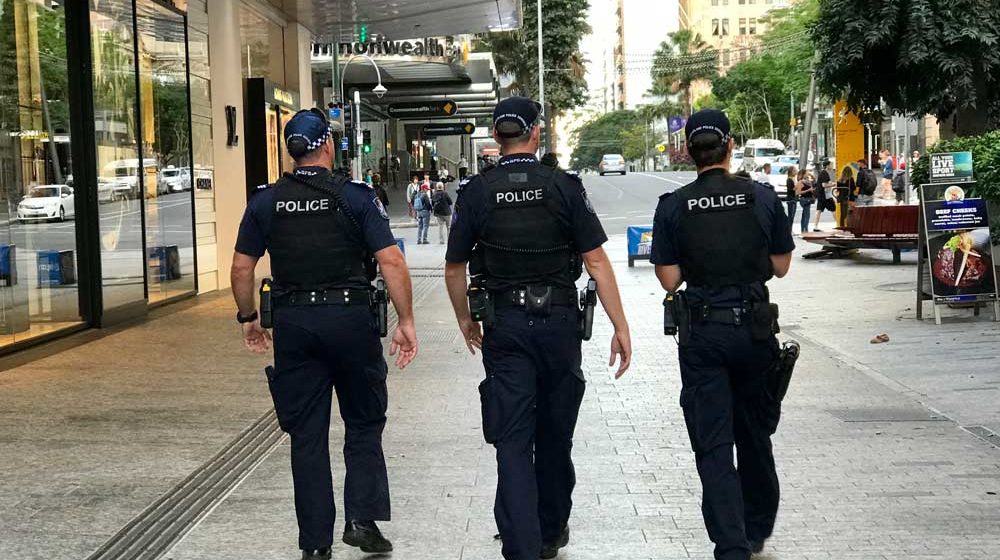A small number of chronic offenders are committing the bulk of youth crime in Queensland as authorities move to crack down on “gang” members who gain notoriety by posting their antics online.
The state government on Tuesday announced a suite of measures on youth offending amid fears “these kids could kill somebody” if their crime sprees are not curtailed.
Among the measures are ramping up opposition to bail when a juvenile poses a risk to the community and the establishment of a 24-hour youth crime police “strike team”.
Up to 50 per cent of youth crime in Queensland is committed by 10 per cent of offenders and premier Annastacia Palaszczuk said the measures are targeted at that minority.
Cycle of crime
“These strong measures give the police the resources that they need,” she said.
“It gives youth justice the resources that they need … to make sure young people have a clear line of sight forward … rather than being stuck in the cycle of crime.”
Members of Brisbane’s “Southside gang” have spoken to Sunrise as they and the “Northside gang” brazenly post to social media themselves stealing cars, speeding and taunting police.
In the interview, one juvenile revealed they did so “pretty much just for fun”.
Another said he would “just go and do my time” if caught committing a crime and time in detention was “pretty good” because they were treated well.
The sentiments of the youths interviewed by Sunrise were typical of “prolific, chronic or repeat” young offenders, according to leading Queensland criminologist Ross Homel.
He said those offenders had slipped through the cracks.
Deprived circumstances
“One in five children – and many of these offenders would come from this category – have been growing up in very income-deprived circumstances,” Homel, from Griffith University, told 7NEWS.com.au.
“What we know poverty does is undermine the ability of parents to be good parents.
“These children involved in chronic offending have had histories of child abuse – sometimes sexual abuse, sometimes physical abuse – or neglect.
“They have also grown up in households where the child-rearing practices are what you might describe as chaotic. They’ve all witnessed domestic violence.
“The majority of these kids would have at least one serious neurodevelopmental disorder.
“They all have difficulties with attention, concentration, forward planning. They’re impulsive. Many are hyperactive.”
Homel said the offenders need better treatment rather than harsher punishments.
“If we want to reduce youth crime, particularly this chronic offending, we actually have to deal with its causes,” he said.
“If we put them in detention, as many people have said, it’s a training ground for more serious offending further down the track.
“It’s preparation for the big house – adult prison.
“These kids could kill somebody if they don’t get the treatment and interventions that they need.”




Leave a Reply